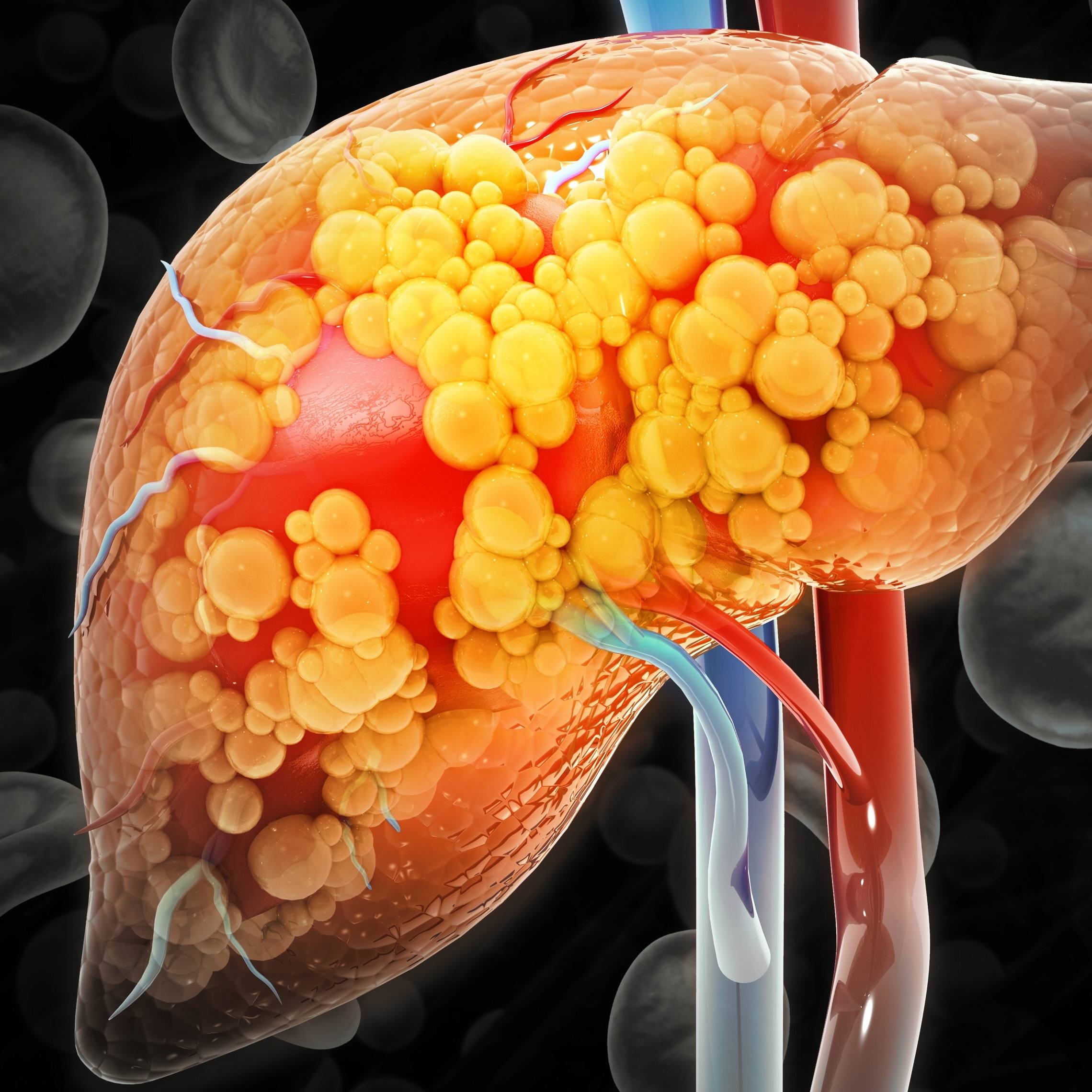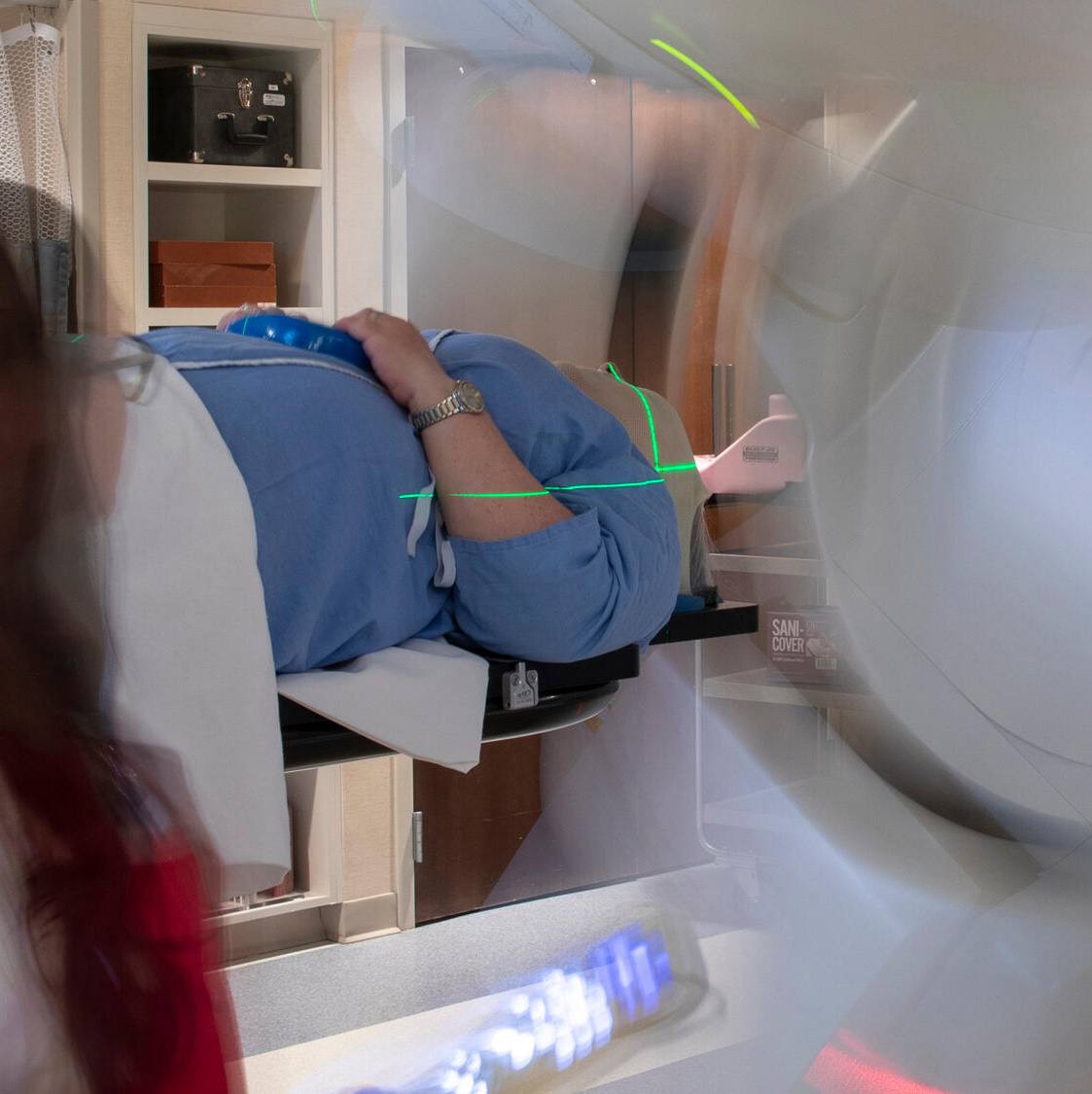Roughly 635,000 new cases of lymphoma were diagnosed worldwide, according to the World Cancer Research Fund International's most recent report. Survival rates for aggressive lymphomas have improved significantly thanks to advances in treatment, such as chimeric antigen receptor-T cell therapy (CAR-T cell therapy).
Dr. Madiha Iqbal, a Mayo Clinic hematologist and oncologist, explains that CAR-T cell therapy is a personalized and innovative treatment giving hope to patients diagnosed with various lymphomas.
Journalists: Broadcast-quality video (1:02) is available in the downloads at the end of the post. Please courtesy: "Mayo Clinic News Network." Read the script.
"Lymphoma in plain terms is essentially a cancer of your immune system," says Dr. Iqbal.
Patients who are newly diagnosed with lymphoma are offered a combination of chemotherapy and antibody-based treatments. But for those who do not respond to two or more lines of such treatments, CAR-T cell therapy may be an option.
"Prior to the advent of CAR-T cell therapy, patients who had failed two lines of chemotherapy had a very poor survival of around six months," says Dr. Iqbal.
Receiving CAR-T cell therapy can take a few weeks as a patient's T cells, which normally help fight off infections, are collected and genetically engineered to target lymphoma.
After low-dose chemotherapy, the modified cells are infused back into the patient. These cells can then attack and destroy the lymphoma.
"Patients who had a very poor prognosis can now potentially be cured of their disease," says Dr. Iqbal.
Related posts:
- Using molecular scissors to improve CAR-T cell therapy
- Understanding CAR-T cell therapy for cancer: Mayo Clinic expert explains how it works
- Innovation centers spur new biotherapeutics for patients







